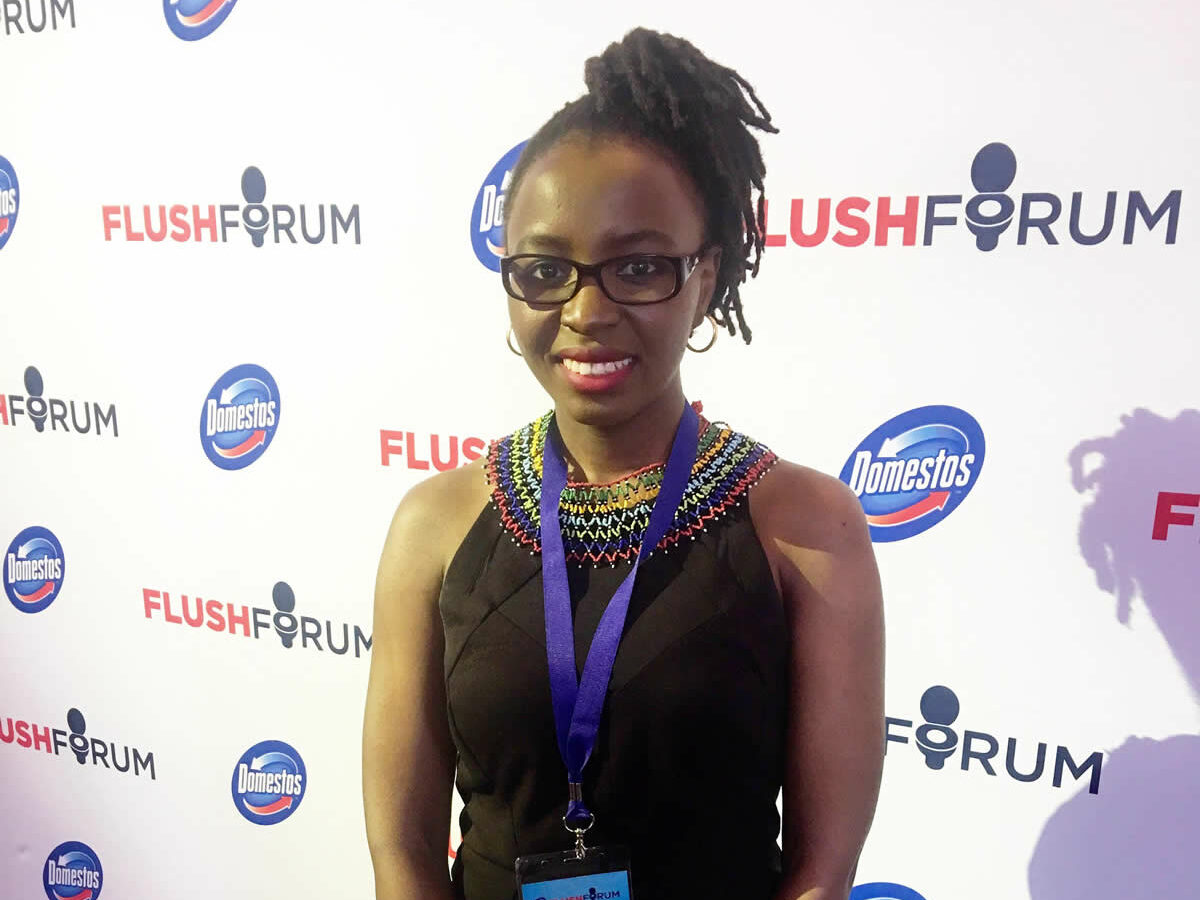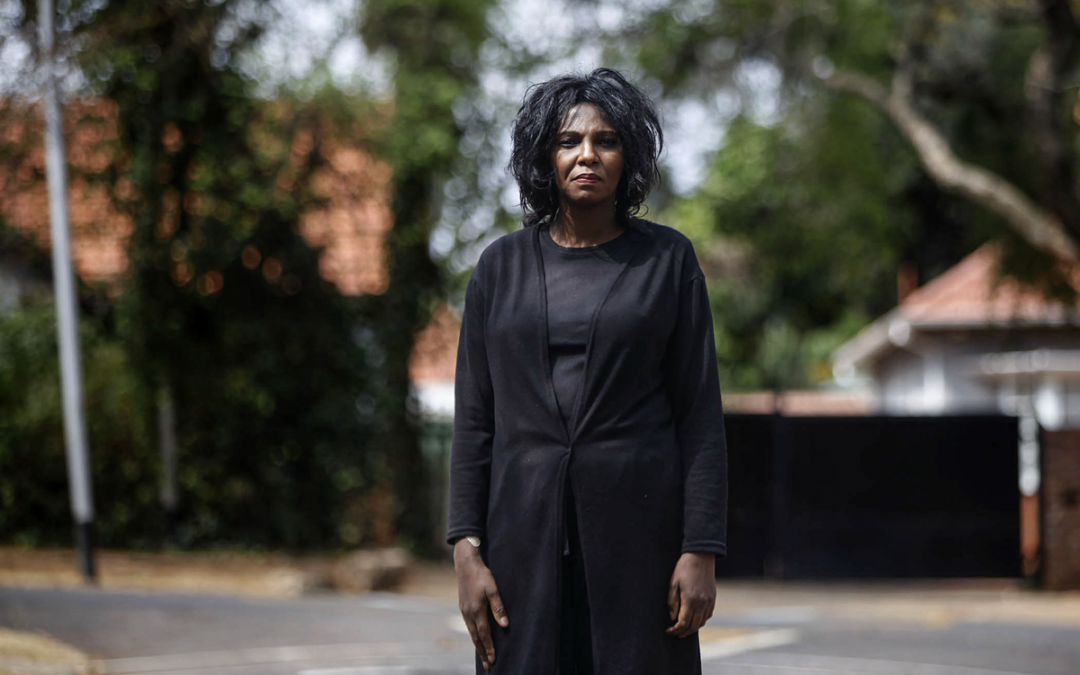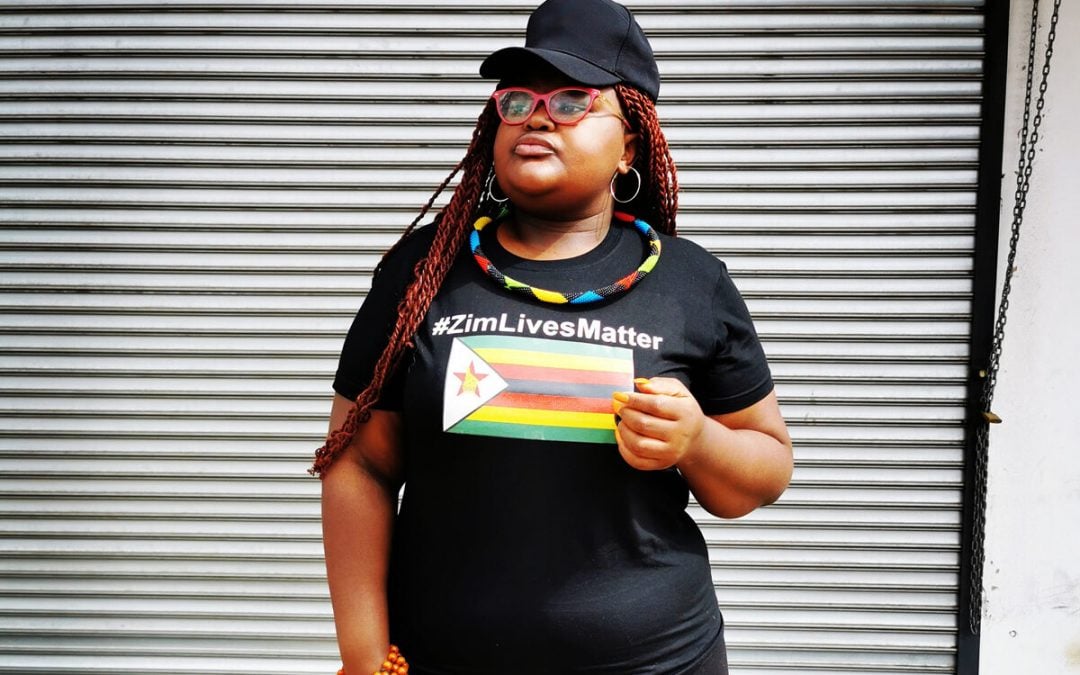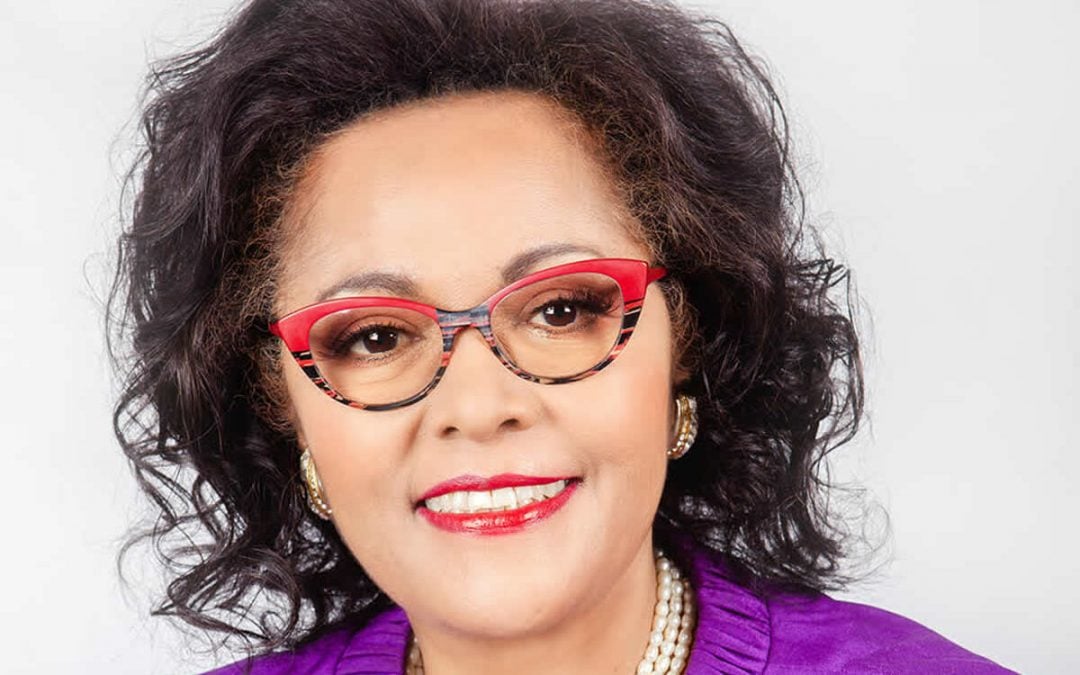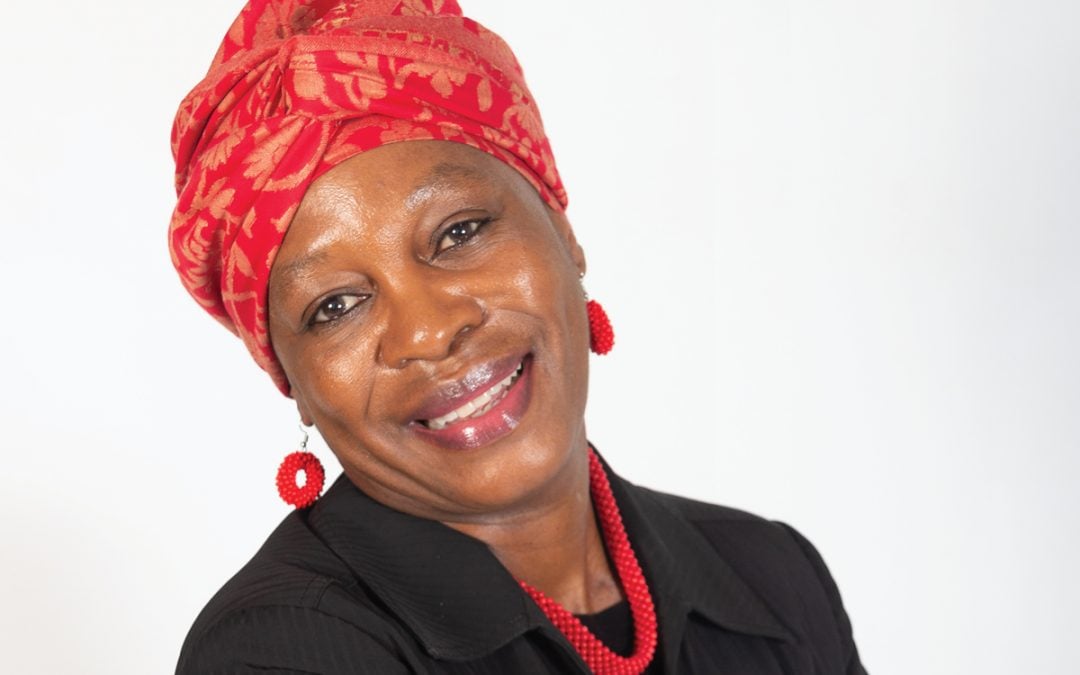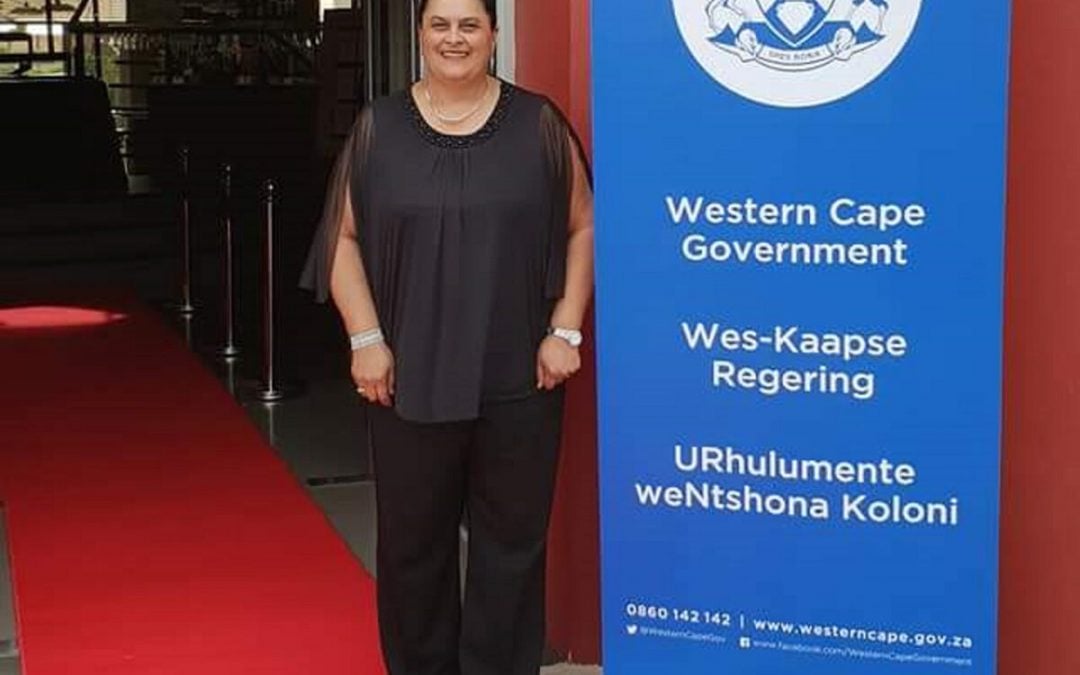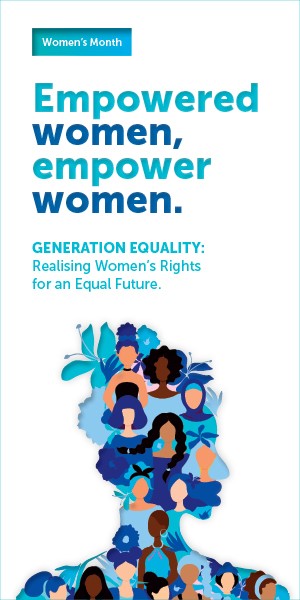Ndwandwe is championing access to sanitation, menstrual health and gender equality.
By 2030, Nokuzola Ndwandwe imagines a world that has ended gender inequality and eradicated period poverty. Her part in making this vision a reality is through her activism. Ndwandwe runs a grassroots organisation called Team Free Sanitary Pads. With her non-profit organisation, she campaigns for sanitary pads to be made available to all women in South Africa, while collaborating with other activists to fight gender inequality.
Raised in a single-parent household in Durban, KwaZulu-Natal, the 26-year old’s passion was sparked when she visited her grandparents’ rural home in KwaHlabisa. Here she was exposed to their lack of access to water, sanitation and hygiene. Her own period menstrual health stigma played a role in her wanting to create an environment where young girls do not go through period shaming.
Ndwandwe created an online petition calling for a Menstrual Health and Hygiene Management Bill and for the government to prioritise policy and legislation transformation that will be deliberate in improving the socioeconomic conditions of women and young girls. The petition has gained thousands of signatures. She calls on the government to introduce quality menstrual health and hygiene education in schools, community libraries and higher learning institutions. She also proposes menstrual health leave days to be absorbed into labour policies. She hopes that the government and the private sector will close the unfair salary pay gap for women so that they can meet their living needs and expand their career prospects.
She has collaborated with international organisations and the private sector to put pressure on the government to scrap VAT on sanitary products and the call was heard by Cabinet, as Minister of Finance Tito Mboweni dropped the VAT on sanitary products in April 2019.
Her activism has also contributed to the government setting aside R157-million towards menstrual health with water, sanitation and hygiene facilities being built nationally, and followed by the passing of the Reusable Washable Sanitary Pads Standard by the South African Bureau of Standards as announced by the department of women youth and persons with disabilities in May 2020.
But her passion for holding those in power accountable doesn’t end there. Ndwandwe is a final year accounting science student at the University of South Africa. She intends to pursue her postgraduate studies next year as an aspiring Chartered Accountant. She hopes to specialise in auditing to hold those in power accountable for funds to improve the lives of the most vulnerable.
Ndwandwe’s work has gained her international recognition; she recently wrote a piece for Unicef’s’ Voices Of Youth called “Menstrual Rights: the WASH dream under COVID-19”. She made connections with students from Harvard University and has been praised by Members of Parliament from Scotland and Canada for her commitments to social justice for women and girls. She was also featured in Afropunk as one of the most memorable activists of “The year in black activism: 2018” list.
As the 2030 United Nations Sustainable Development Goals take shape, Ndwandwe hopes that she has played her part in these targets being met.

